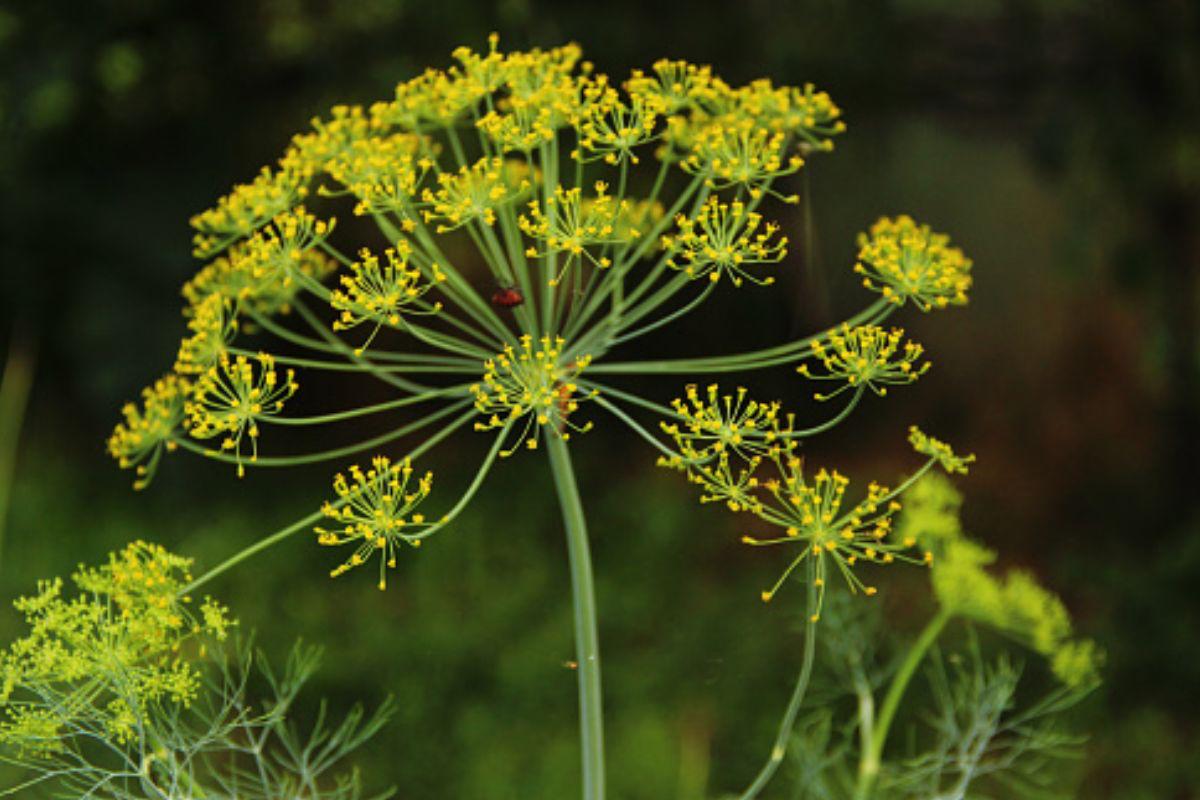Natural antioxidant tea relieves cramps and reduces anxiety symptoms

Known for its mild, sweet aroma, fennel tea ( Foeniculum vulgare ) is much more than just a popular tradition. According to nutritionist Clayton Camargos , the infusion made from the plant's seeds offers proven benefits for the body — especially in relieving menstrual and digestive cramps.
The effect is due to natural compounds such as anethole, fenchone and estragole, which have antispasmodic and carminative properties. “These substances help to relax the muscles of the intestine and uterus, reducing the painful contractions typical of colic,” explains the nutritionist.
In addition, anethole has a mild estrogenic effect, which can help balance female hormones and alleviate symptoms of premenstrual tension.

- Improved digestion and gas relief;
- Reduction of mild anxiety and insomnia;
- Antioxidant effect, thanks to flavonoids;
- Mild expectorant action, useful in cases of flu and colds.
According to the nutritionist, the tea is recommended for adults and children (including babies, with medical advice), especially in cases of abdominal cramps, flatulence, indigestion (dyspepsia), PMS and mild anxiety.
Despite being natural, fennel is not free from restrictions. Pregnant and lactating women should avoid using it without professional guidance. People with a history of allergies to anise, cumin or coriander should also be careful. “Those with a history of hormone-dependent tumors should avoid continuous use of fennel, due to the estrogenic action of anethole,” warns Camargos.
How to prepare fennel tea:- Boil 200 ml of water;
- Add 1 teaspoon of fennel seeds or 1 sachet;
- Cover for 5 to 10 minutes;
- Strain and consume warm.
Camargos recommends up to three cups a day. “Prolonged use or use in high doses can cause adverse effects such as nausea or allergic reactions ,” the specialist emphasizes.
metropoles





